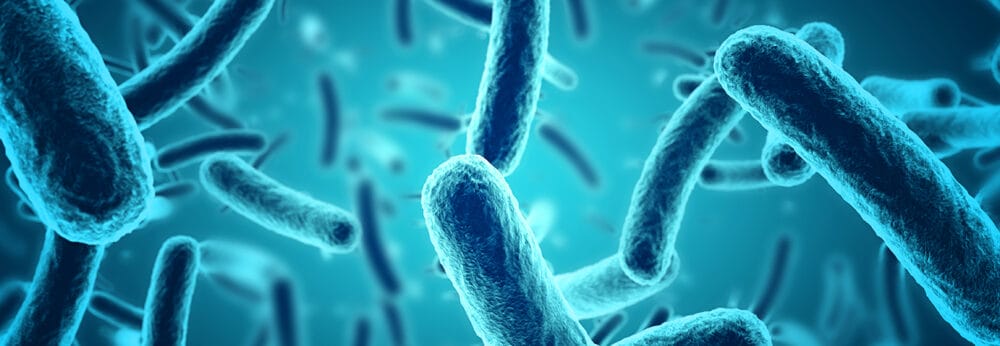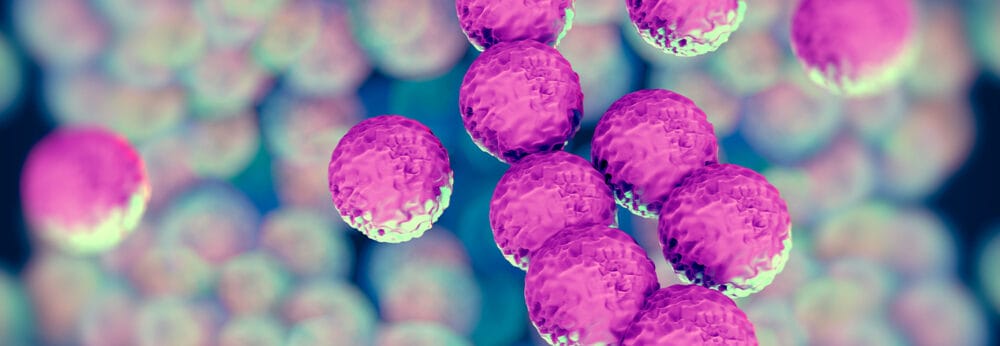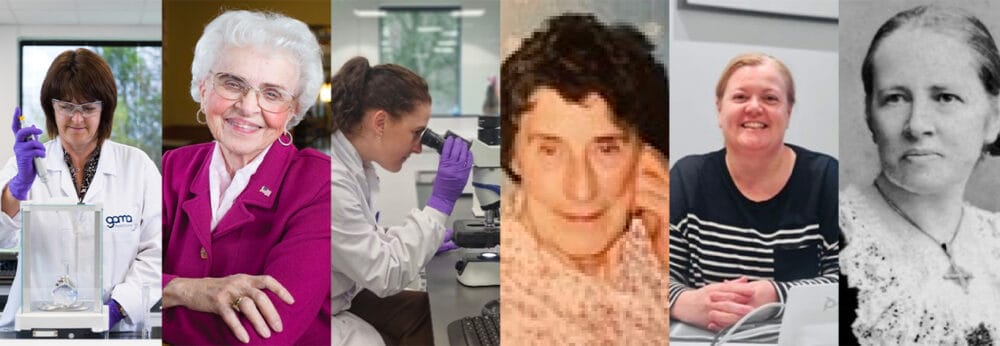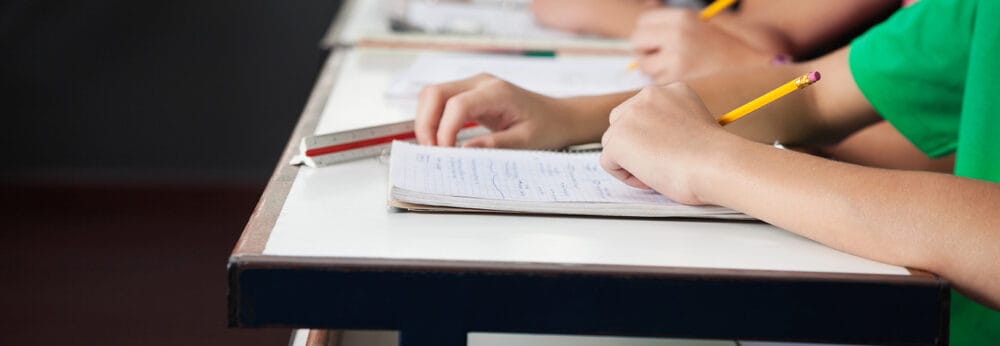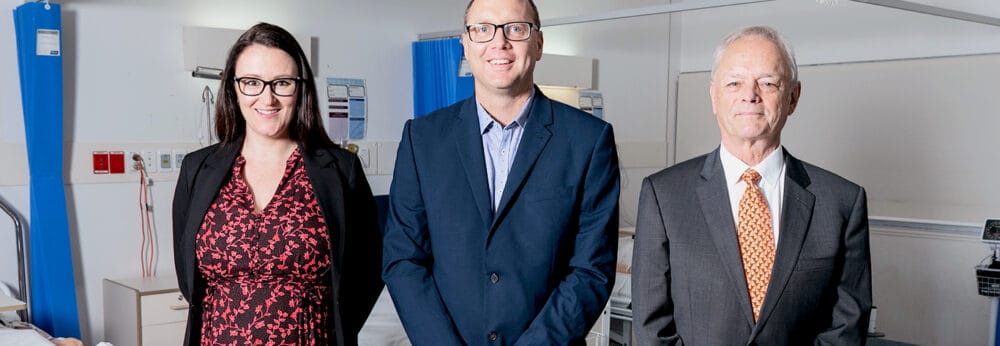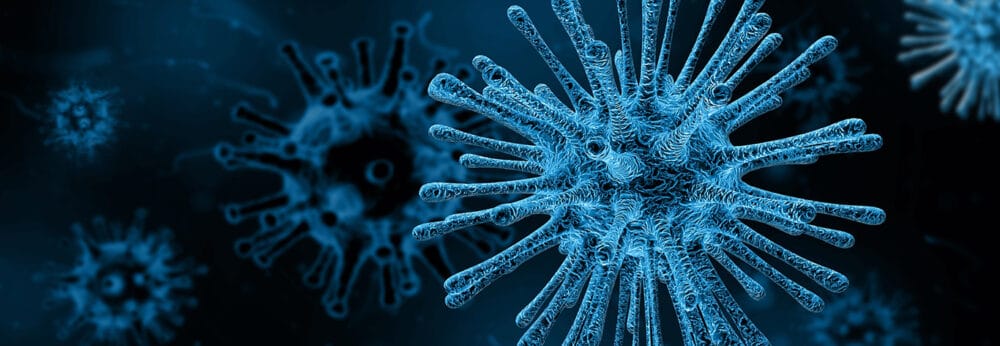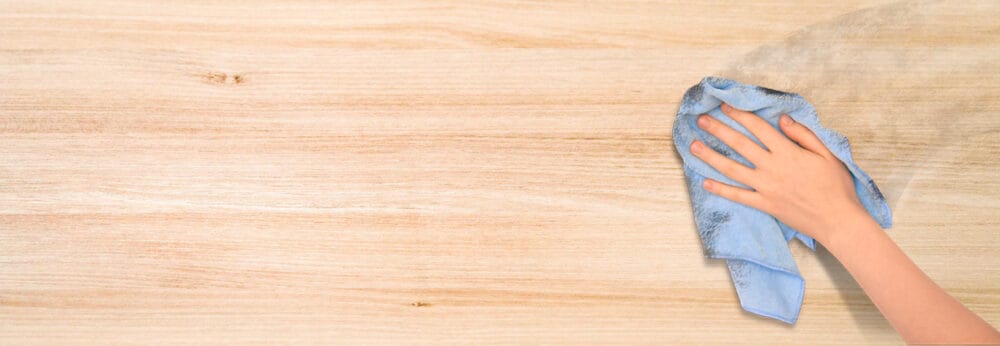Posts Tagged ‘Research’
International Women’s Day: Meet GAMA’s female scientists
Happy International Women’s Day! Today, we’re helping #BreakTheBias by introducing you to more of our amazing female scientists from our Research & Development Centre in Halifax. We caught up with Diane, Maria, Leah & Jess to find out about their roles at GAMA and learn the inspirational stories of their scientific heroines. Diane Innovation Scientist…
Read MoreWhy antimicrobial resistance (AMR) poses a major threat to human health
This week’s article is a summary of the latest Global report published in the Lancet journal, on the effects of antimicrobial resistance (AMR), assessing a range of factors from number of deaths to hospitalisation which directly affects several of the global sustainability goals (SDGs). With an emphasis on efficient infection prevention and control in the…
Read MoreNew guidelines published for the management of MRSA
This week’s article is a summary of the latest guidelines published for the management of MRSA. It includes a study where the introduction of Clinell Universal Wipes resulted in a 55% reduction in the rate of MRSA acquisition. Read on to find out more. New guidelines have been published regarding the management of methicillin-resistant Staphylococcus aureus (MRSA). The…
Read MoreGAMA’s female scientists & the women who inspire them
In honour of International Day of Women & Girls in Science, we’re delighted to introduce you to some of the brilliant female scientists at GAMA’s Research & Development Centre. We caught up with Kath, Natalie & Sally to find out more about their scientific roles and the women who have inspired them along the way. Stay…
Read MoreThe impact of Clinell Universal on reducing SARS-CoV-2 contamination in England’s hospitals
PHE have recently published a multi-centre study of SARS-CoV-2 contamination of surfaces and air in England. Where was the study undertaken? The study was undertaken in 8 hospitals in England during the first wave of the COVID-19 pandemic. Sampling: Sampling of surfaces and air was undertaken around patients who were known to be infected with SARS-CoV-2, including…
Read More7 top tips for keeping classrooms safe
With schools in England back this week and many in Scotland and Wales having already returned, we decided to put together seven top tips to help teachers keep classrooms safe. Whilst the rates of COVID-19 have dropped considerably in the UK, there is still a risk of transmission in the classroom. Transmission in children can…
Read More28 Australian Societies provide consensus on COVID-19 guidelines
Sourcing up-to-date reliable information on COVID-19 management and treatment can be difficult. There are so many different sources of information, from peer-reviewed journals, mainstream media, social media, peers, media statements and ‘preprints’ – or non-peer reviewed journal articles. What makes this even more complicated is the potential bias associated with some of these sources of…
Read MorePartnership will fund new research into preventing healthcare-associated infections
Our exciting new partnership with the University of Newcastle in Australia will fund new research into preventing and controlling infections. One in 10 patients in an Australian hospital today is likely to get an infection they didn’t have when they went into hospital. This partnership is very exciting and will see the University provide vital…
Read MoreAJIC special issue on cleaning, disinfection, antisepsis and sterilisation
The American Journal of Infection Control has recently published a must-read special issue titled: ‘Disinfection, sterilization, and antisepsis: Principles, practices, current issues, new research, and new technologies.’ The special issue features a series of ‘State of the Science Reviews’ by experts in the field on cleaning and disinfection, skin antisepsis, the role of the environment in emerging…
Read MoreMicrofibre and water isn’t magical
There’s a word on the street that microfibre combined with water is suitable for all cleaning challenges. But a study from Prof Jean-Yves Maillard’s lab in Cardiff suggests that water and microfibre alone achieves only a moderate removal of bacteria from surfaces and readily transfers bacteria between surfaces. Adding disinfectants to microfibre enhances their efficacy considerably. The…
Read More
